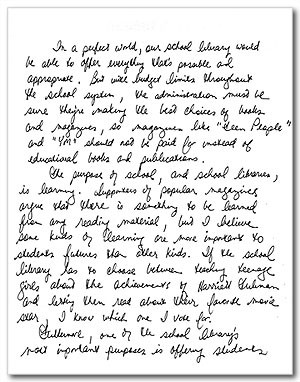Shakespeare's Sonnets Summary and Analysis of Sonnet 1.
Shakespeare's Sonnets: Critical Essays is the essential Sonnets anthology for our time. This important collection focuses exclusively on contemporary criticism of the Sonnets, reprinting three highly influential essays from the past decade and including sixteen original analyses by leading scholars in the field. The contributors' diverse approaches range from the new historicism to the new.Tips for literary analysis essay about The Procreation Sonnets (1 - 17) by William Shakespeare.An Analysis of Shakespeare's Sonnet 73 Sonnet 73 by William Shakespeare is widely read and studied. But what is Shakespeare trying to say? Though it seems there will not be a simple answer, for a better understanding of Shakespeare's Sonnet 73, this essay offers an explication of the sonnet from The.
Summary and Analysis Sonnet 1 Summary Shakespeare begins his sonnets by introducing four of his most important themes — immortality, time, procreation, and selfishness — which are interrelated in this first sonnet both thematically and through the use of images associated with business or commerce.Writing an essay on a Shakespearean sonnet can be quite a challenge. The following are a few tips to help you start the process: Although love is the overarching theme of the sonnets, there are three specific underlying themes: (1) the brevity of life, (2) the transience of beauty, and (3) the trappings of desire.
Poetry Analysis Shall I Comepare Thee (Sonnet 18) by William Shakespeare .Poetry analysis Shall I Comepare Thee (Sonnet 18) By William Shakespeare Before William Shakespeare died, he managed to write 154 sonnets Out of all 154 sonnets the most famous and well-known is Sonnet 18, which this paper is going to be about.





.jpg)






